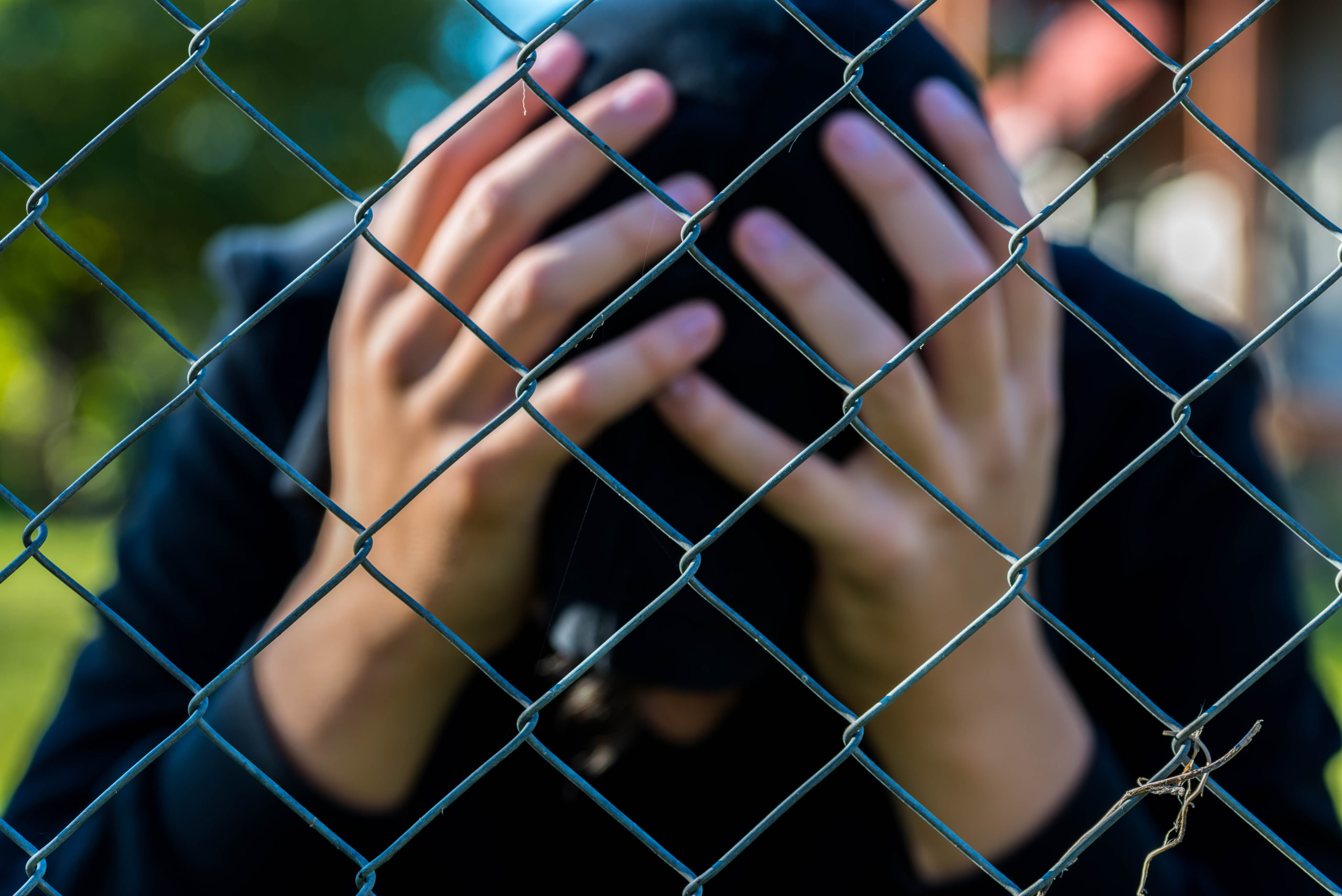Half of all women killed in the United States are murdered by a former or current intimate partner. If this seems like a harrowing number, so too is the risk when firearms are involved in domestic violence situations — a woman is five times more likely to be murdered when an abuser has access to a gun. Coupled with a 42% increase in domestic violence-related calls for assistance involving a firearm in 2020 over the year 2019 and the increased danger of domestic violence and firearms ownership is abundantly clear.
The tragedy of these numbers is personified by a Sacramento area father’s recent shooting and killing of his three kids and a person assigned by the court to supervise those visits. While many details of the incident are deeply troubling, the most horrifying is that the childrens’ mother was granted a restraining order against her childrens’ father, and yet he still had a firearm. Firearms are supposed to be relinquished upon the issuance of a restraining order in domestic violence situations. This raises important conversations that must be had about the process and enforcement of relinquishing firearms — and what can be done to better protect victims as well as the accused.
PROTECTIONS FOR DOMESTIC VIOLENCE VICTIMS & GUN RELINQUISHMENT
Victims, in general, have a great number of protections. California has some of the most stringent domestic violence laws in the United States, and as mentioned on our Domestic Violence page, law enforcement and the district attorney’s office take any domestic violence allegation very seriously. The category of domestic violence covers a vast array of conduct involving violence or threat of violence involving two people that have one of the following relationships: married or domestic partners, dating or used to date, live or lived together, or have a child together.
When law enforcement receives a domestic violence call and there are visible injuries or one party admits to inflicting violence, the perpetrator is usually arrested. At this point, officers ask a victim if they want an Emergency Protective Order (EPO). This EPO can expire anywhere from three days to a month later. It immediately requires the alleged aggressor to relinquish their firearms, stating that the alleged aggressor “must not own, possess, purchase, receive, or attempt to purchase any firearm or ammunition. If you have any firearms you must turn them into a law enforcement agency or sell them to, or store them with, a licensed gun dealer.”
As to how to get a domestic violence protection order for long-term protection, an officer will recommend that the victim go down to the Family Law Division in Civil Court and file for a Domestic Violence Restraining Order (DVRO). A judge will review the submitted paperwork and make a determination of whether to grant a temporary restraining order and then the victim has to serve the alleged aggressor with the forms. Oftentimes, a Sheriff is asked to present these forms on the victim’s behalf (available for a fee). Then the alleged aggressor has a right to a hearing with all related information on the paperwork. Once again, the paperwork will inform the alleged aggressor that they must relinquish their firearms.
If criminal charges are filed, at the first court hearing the alleged aggressor attends, the judge typically issues a Criminal Protective Order (CPO). Once again, the documents provided to the defendant inform them that they must relinquish their firearms. If the judge is aware of the defendant owning a gun, they are obligated to hold a follow-up hearing requiring that the defendant shows proof of relinquishment. But many times, these hearings never take place, to the detriment of victims and/or defendants. A victim of domestic violence, or others may be harmed by gun violence, or a defendant that failed to follow the law and relinquish his firearm may end up having his home searched, his firearms confiscated by law enforcement and end up facing more criminal charges.
THE SILVER LINING: NEW LEGISLATION & THE DEPARTMENT OF JUSTICE DATABASE
Fortunately, new legislation was recently signed into law to step up the requirement of proof of firearm relinquishment and to require the court to make a written record of the relinquishment (SB 320: Domestic violence protective orders: possession of a firearm). The bill requires the court clerk to notify law enforcement officials when a failed firearm relinquishment is of concern. Law enforcement officials are then required to “take all actions necessary to obtain any firearms or ammunition owned, possessed, or controlled and to address any violation of the order with respect to firearms or ammunition, as specified.”
This extra step in enforcement is vital to more complete protection for victims of domestic violence. As outlined on our Domestic Violence page, if someone enters a plea for domestic violence or is found guilty after a trial, they lose their gun rights for life.
This ban is enforced by the Department of Justice as they periodically go through their database. If someone with a domestic violence charge has a firearm registered to them and there is no documentation that it has been turned over to law enforcement or a registered firearm dealer or a transfer, a search warrant is issued to determine if there is a firearm in their home. If uncovered, the defendant will be charged with a misdemeanor and sometimes a felony for unlawful possession (for each firearm and or ammunition).
Because of the lifelong implications of a domestic violence charge on the alleged aggressor, false claims of domestic violence are also an unfortunate reality, such as in cases of divorce or child custody situations. Because domestic violence often happens behind closed doors with no witnesses, if you find yourself falsely accused of domestic violence, hire an experienced attorney that handles domestic violence cases. At Proper Defense, we offer package representation that will help you navigate both the civil and criminal aspects of the case.
ENSURE YOU ARE PROPERLY PROTECTED WITH A PROPER DEFENSE
Because of the statistical probability of serious harm following domestic violence, the domestic violence criminal process is different from other criminal cases, and as such, you will need an attorney that knows how to navigate it. Please see our Victim Representation page for even more information about how we can be of service to victims of domestic violence.
We provide peace of mind and sound guidance because you deserve trustworthy support and we’re here to help you realize it. For a true advocate that you can trust, in a judgment-free zone, contact Proper Defense Law Corporation today. For a FREE consultation in the Central Valley area, call (559) 825-3800. You can also reach us at our Beverly Hills location by calling (424) 284-4066. You may schedule an appointment online on our Contact Us page. It gets better with Proper Defense, we promise.
Your search for the ‘best DV attorney near me’ can effectively end here. (Los Angeles, Fresno, Hanford, Los Angeles, Madera, Merced, Tulare, Visalia, and Orange County are all areas we serve.)
In addition to this information, resources can be found by searches such as: criminal protective order domestic violence California, what is a domestic violence protection order, how to file domestic violence restraining order in California, can you get a restraining order for domestic violence, California gun laws misdemeanor domestic violence, can you purchase a gun if you have a domestic violence charge, can you ever own a gun after domestic violence, what disqualifies you from owning a gun in California, domestic violence get gun taken away in California law, and California domestic violence attorney fees.








